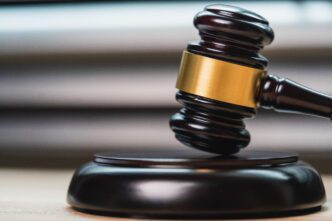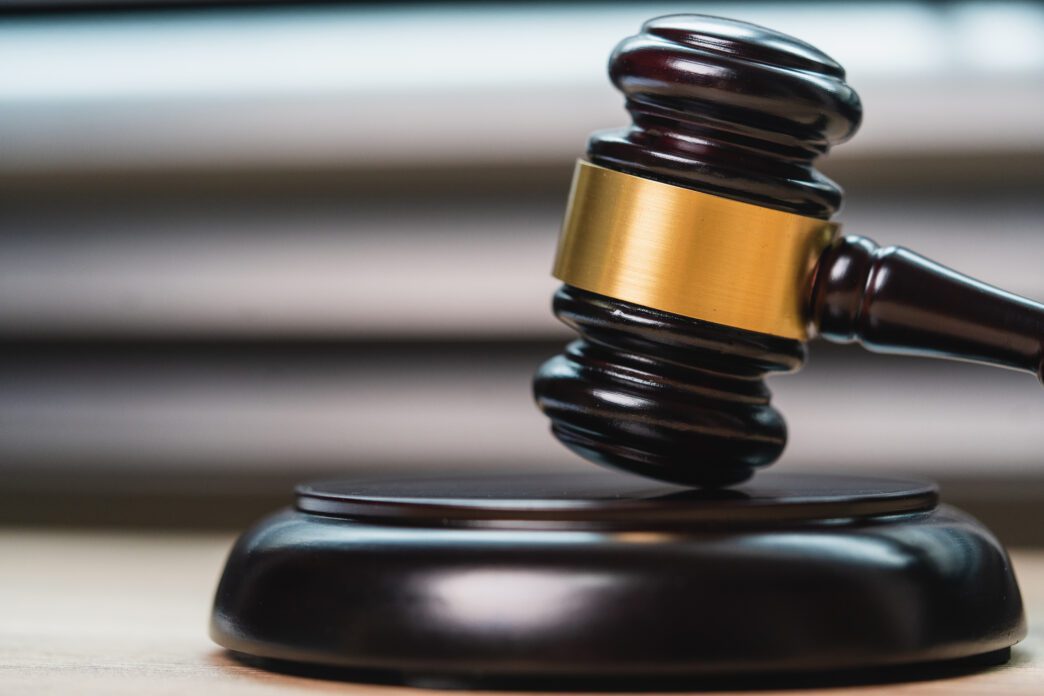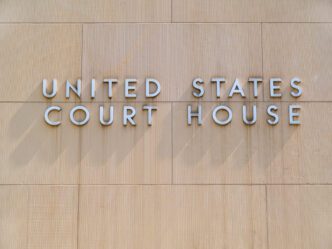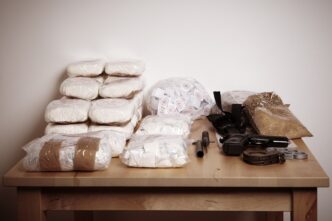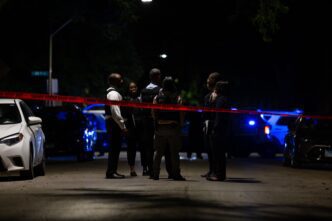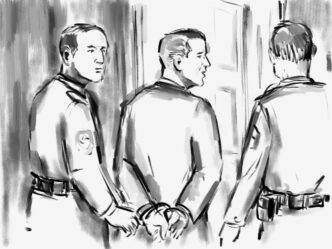Executive Summary
- Tommy Zeigler, Florida’s longest-serving death row inmate, was granted a hearing to review new DNA evidence.
- Zeigler was convicted in 1976 for the murders of four people in his Winter Garden furniture store.
- Prosecutors argue the new testing does not change the original verdict, while the defense claims it supports Zeigler’s innocence.
Tommy Zeigler, the longest-serving inmate on Florida’s death row, is scheduled to appear in court Monday as a judge begins a review of new DNA evidence related to the 1975 quadruple homicide that led to his conviction. The hearing, which is expected to last several days, will determine if modern forensic testing warrants a new trial for the 80-year-old inmate.
Zeigler was convicted in 1976 for the murders of his wife, Eunice Zeigler; his in-laws, Perry and Virginia Edwards; and a customer, Charlie Mays, inside his furniture store in Winter Garden, Florida. According to defense filings, attorneys plan to present arguments and expert testimony based on recent DNA testing performed on clothing worn by the victims and Zeigler. The defense team asserts that the results could corroborate Zeigler’s decades-long claim that he was the victim of a robbery and assault, rather than the perpetrator.
Prosecutors have strongly opposed the motion for relief. Orange-Osceola State Attorney Monique Worrell stated that the new round of testing fails to alter the facts established during the original trial. In a statement regarding the proceedings, Worrell noted that the evidence does not undermine the jury’s verdict and maintained that Zeigler is guilty beyond a reasonable doubt.
Capital Post-Conviction Review
This evidentiary hearing underscores the rigorous legal standards applied to post-conviction relief efforts in capital cases, particularly those relying on forensic advancements unavailable at the time of the original trial. The court must evaluate whether the new DNA evidence is sufficiently compelling to cast doubt on the original verdict, weighing the finality of the 1976 judgment against the claims of factual innocence. The ruling will likely depend on whether the forensic data directly contradicts the state’s theory of the crime or merely offers inconclusive results.

